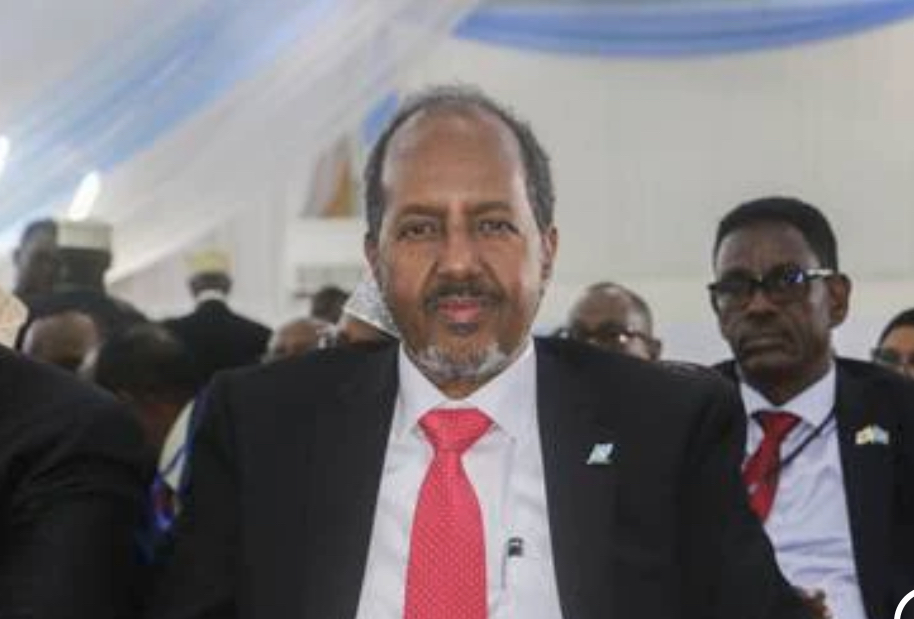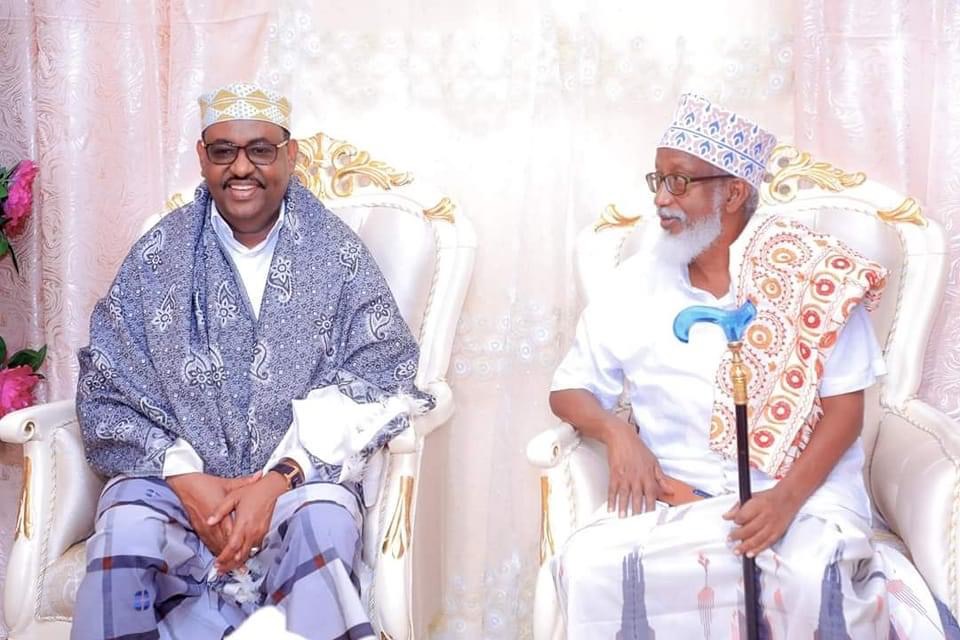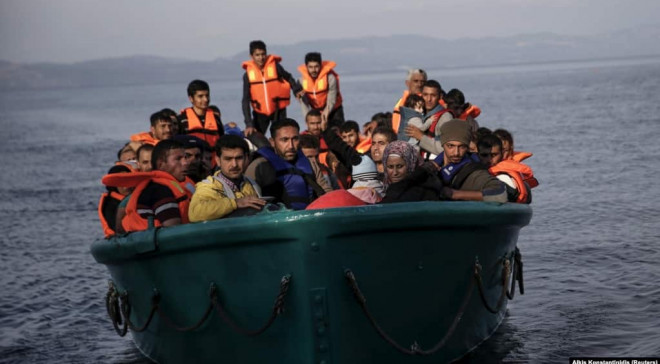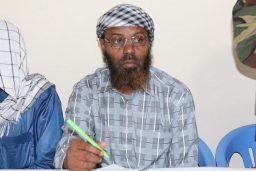US President Joe Biden swore to end his country’s “forever wars”, It polled well, as did it for his predecessor, Donald Trump, But in practice, it has been hard, at times hugely controversial to implement – the starkest example being the chaotic and detrimental US withdrawal from Afghanistan last summer…
However it is viewed, it is a promise that may come to define his presidency. But this legacy is not yet set. News that President Biden recently approved a plan to re-deploy hundreds of American troops to Somalia shows how complex America’s position in the world has become.
First, it is a sign that American policy towards the region has been inconsistent. Former president Trump withdrew most US forces from the country during his tenure. Second, it shows quite how bad the situation has become in Somalia.
In better circumstances, this would be a time of optimism for the country. It has just elected a new president after the chaotic and process of removing the former leader, Mohamed Abdullahi Mohamed, from power. Now, President Hassan Sheikh Mohamud has promised to “build a Somalia that is in harmony with itself and is in harmony with the world”.
In actual fact, Mr Mohamud is not that new. He was Somalia’s leader between 2012 and 2017, and clearly did not do enough to stabilise the country. It is imperative he does better this time and builds a strong, fair government not for his legacy only but for the sake of his citizens, because very little is harmonious in today’s Somalia. It regularly ranks near the bottom on important development indicators. Only Sierra Leone and the Central African Republic are lower when it comes to infant mortality per 1,000 births, according to the World Bank. The Legatum Institutes’ Prosperity Index puts Somalia 161st out of 167, citing poor “economic quality” as the country’s biggest challenge. Somali politics is chaotic, with tensions still high after former president Mohamed did all he could to cling on to power, including extending his term last year. Corruption is also a major issue.
Of course, Mr Mohamud’s government does have valid security concerns, and US troops could help in this regard; a central part of their renewed mission is targeting key leaders in the organisation. But both presidents must learn the lessons of recent failures to stabilise unstable places by relying too much on the military.
Security is imperative, but that can only be built by understanding the true, holistic nature of the challenge the country faces. Al Shabab is deadly, but so are the country’s many environmental crises, including desertification, drought and poor management of land. Almost 90 per cent of districts are affected by continuous, severe water shortages, and the impact that is having on food supplies leaves 1.4 million children malnourished, more than 300,000 severely. In a world already slow to act on the danger of climate change, and now distracted by the war in Ukraine, the sort of multilateral approach and drive needed to address these issues must be emphasised constantly.




